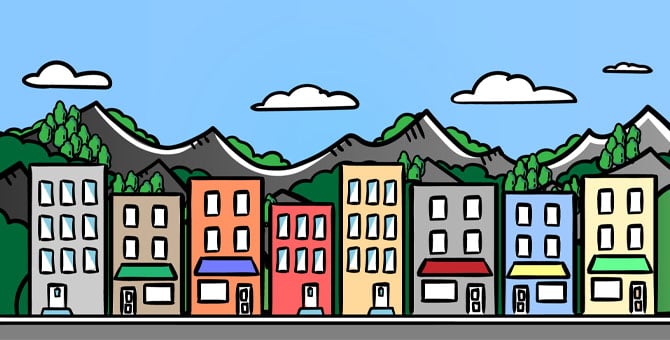Carbon dioxide emissions from fossil fuels is a leading factor affecting CO2 concentration in the atmosphere. Will the economic downturn’s lowering of CO2 emissions due to COVID-19 be enough to improve our climate? Watch our short video to find out.
How will the pandemic’s reduction of carbon dioxide emissions affect C02 concentration in the long run? Our video recaps research findings from San Francisco Fed economists Galina Hale and Sylvain Leduc (video, 1:08 minutes).
Transcript
As COVID-19 spread globally, economies in many countries slowed dramatically.
Production and services halted.
People stopped traveling.
Businesses that were hit hardest were among the largest users of fossil fuels.
This reduced the amount of carbon dioxide—CO2—emitted into the air.
Such emissions normally rise and fall in the short run along with economic growth.
What happens in the long run?
That will depend on how much CO2 has built up in the atmosphere over time, known as its concentration.
CO2 concentration has climbed steadily over the decades.
So lower emissions is good, but not enough.
Policies to support sustainable energy will be key to improving global climate conditions in the long run.
You may also be like:
The views expressed here do not necessarily reflect the views of the management of the Federal Reserve Bank of San Francisco or of the Board of Governors of the Federal Reserve System.
